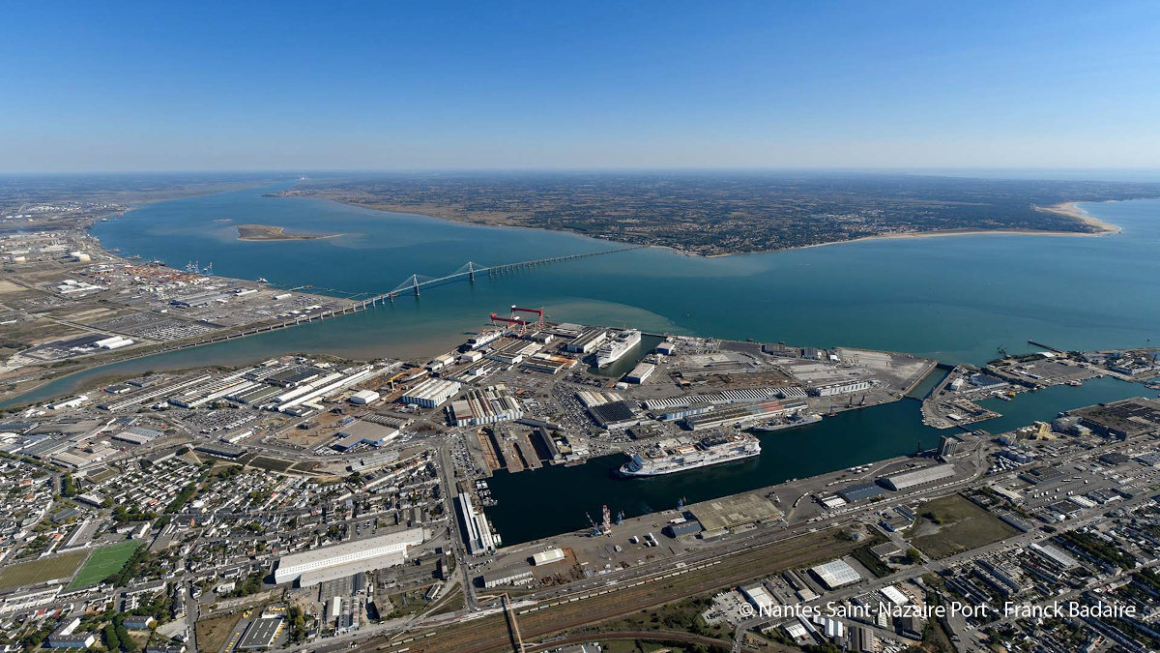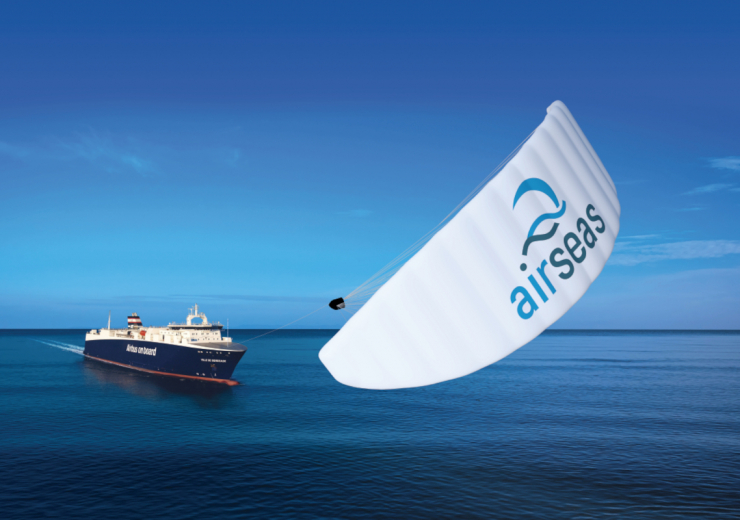The French government has designated Nantes Saint-Nazaire Port as a top-priority zone under the ZIBaC label which is dedicated to low-carbon industrial zones. Hydrogen will play a key role in the energy transition.
The port of Nantes-Saint-Nazaire has been awarded a special label by the Low-Carbon Industrial Zone (ZIBaC) project, which is led by Ademe (the French Environment and Energy Management Agency) as part of the “France 2030” programme. With this status, the port joins the ranks of Dunkerque, Fos-sur-Mer, and Le Havre as a hub for decarbonised energies with a special focus on hydrogen as a key lever.
The Loire-Estuaire ZIBaC project brings forth a comprehensive approach to several critical areas:
- Massive low-carbon hydrogen production: a substantial 250MW project is currently underway, aiming to establish the region as a powerhouse in low-carbon hydrogen production.
- Decarbonisation of heavy industries: addressing the carbon footprint of heavy industries is a priority, with concerted efforts to implement processes that significantly reduce emissions.
- H2 multimodal hub and energy infrastructures: investments in a hydrogen multimodal hub and substantial contributions to new energy infrastructures, including a H2 backbone extending towards the heart of Europe.
- CCUS for greener air and sea sectors: carbon capture, utilisation, and storage (CCUS) initiatives are set to pave the way for the development of environmentally friendly e-fuels in both air and sea transport.
- Large-scale offshore wind farm production: situated in proximity to wind farms, including the first French offshore wind farm that has a production of 480 MW, the area is poised for large-scale offshore wind farm production, with the potential to generate renewable hydrogen, solidifying its commitment to sustainable energy practices.
These initiatives mark a pivotal moment for the regional hydrogen ecosystem, positioning Atlantic France as a prominent territory for innovation and investment in the burgeoning field of hydrogen technology.
The collaborative effort involving industrial associations, local communities, and regional authorities* underlines the commitment to accelerating decarbonisation and the energy transition in this industrial hub. The ZIBaC label ensures access to funding which is crucial for deploying these transformative actions.
Nantes Saint-Nazaire Port receives over €4 million for decarbonisation kickstart
The recognition of Nantes Saint-Nazaire as a ZIBaC comes with a significant financial boost. The two-year action plan is set to deliver technical studies on the sizing of hubs for CO2, natural gas, and other decarbonised energies. The investment represents €8.2 million, supported by a €4.1 million subsidy from Ademe.
The industrial and port zone along the Loire estuary ranks among the top 50 CO2-emitting sites in France. The government’s ambitious target is to halve emissions from these sites by 2030. Recognising the dependence of the port on fossil fuels, efforts are underway to transition to greener energy sources.
Today, two-thirds of Nantes Saint-Nazaire Port’s energy traffic concerns fossil fuels. Plans include adapting port infrastructure for the production, utilisation, and transportation of greener energies. In order to decarbonise industrial activities, the port is also planning to launch the GoCO2 project by 2030. This initiative focuses on capturing and sequestering CO2 emissions from industrial sites like that of TotalEnergies.
* The ZIBaC project is led by the Association of Loire Estuary Industrialists (bringing together Arcelormittal, Cargill, EDF, Elengy, Engie, Eqiom, TotalEnergies and Yara), the Saint-Nazaire Agglomération, the Community of Communes Estuaire et Sillon, Nantes Saint-Nazaire Port, and the Atlantic France regional council.
A call for expression of interest for hydrogen production facilities
Nantes Saint-Nazaire Port has partnered with the startup Lhyfe to fast-track large-scale renewable hydrogen production at sea. Concurrently, the port has launched a call for expression of interest from businesses keen on hydrogen ventures. Twelve hectares were reserved at Montoir-de-Bretagne, which is strategically placed behind the coal terminal, for the potential establishment of a massive hydrogen production centre. The laureate will be known by the end of 2023, among 20 offers received which illustrates the dynamism of the sector.


 日本語
日本語  Français
Français 



